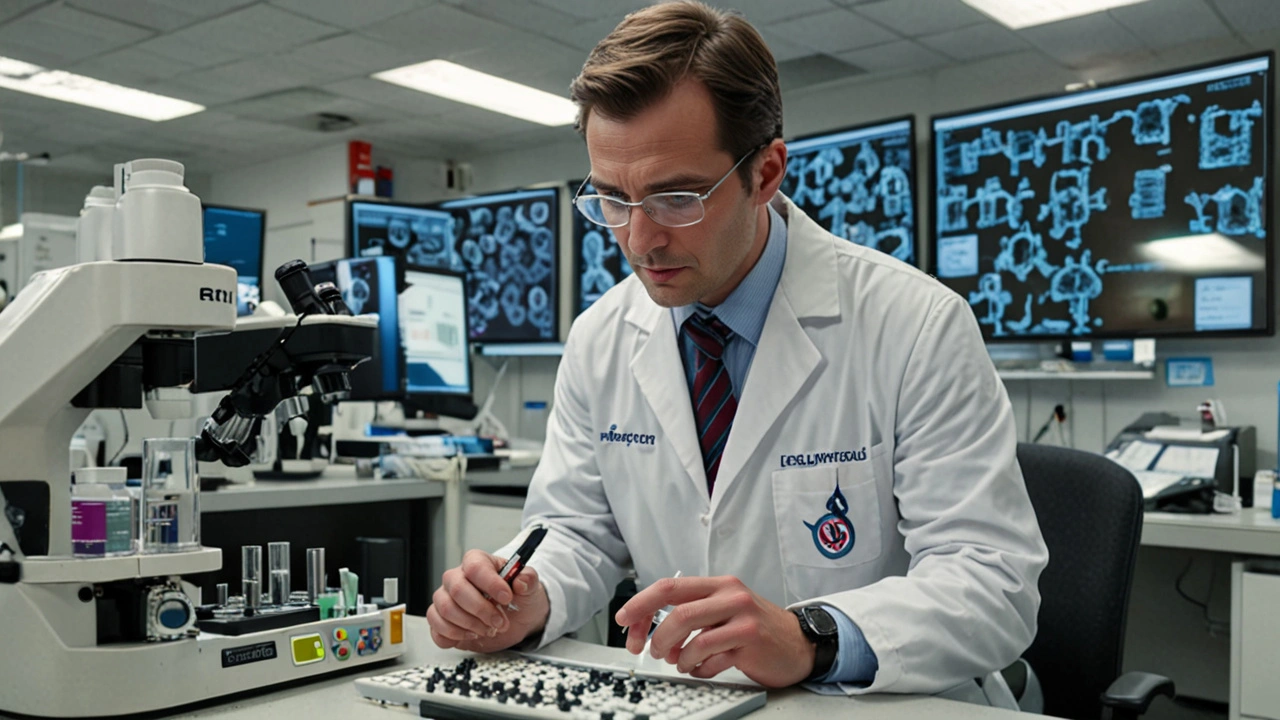Moxifloxacin & Mefloquine — July 2024 drug insights
Moxifloxacin and mefloquine were the big names on gogomeds this month. One story focused on how moxifloxacin kills bacteria at the cellular level and when it can be a smart choice. The other looked at new research suggesting mefloquine could help treat drug‑resistant tuberculosis. If you want clear, practical takeaways about these drugs, you’re in the right place.
Moxifloxacin: how it works and when to use it
Moxifloxacin is a fluoroquinolone antibiotic. It blocks bacterial enzymes called DNA gyrase and topoisomerase IV, which stops bacteria from copying their DNA. When bacteria can’t replicate, infections start to clear. That’s why moxifloxacin treats respiratory infections, complicated skin infections, and certain abdominal infections.
Compared with older antibiotics, moxifloxacin covers a wide range of bacteria, including some strains that resist other drugs. That makes it useful when first‑line treatments fail or when doctors suspect resistant organisms. But wider coverage also raises the risk of side effects, so doctors usually reserve it for specific situations, not for every cough.
Common side effects are stomach upset, headache, and dizziness. More serious issues include tendon inflammation or rupture, nerve damage, and heart rhythm changes in some people. Don’t combine moxifloxacin with drugs that prolong the QT interval without medical advice. If you’re prescribed it, follow dosing exactly, finish the course, and report any severe joint pain, numbness, or fainting.
Mefloquine and drug‑resistant tuberculosis: what’s new
Mefloquine is best known as an antimalarial, but recent lab and early clinical studies examined whether it can attack tuberculosis strains resistant to standard therapy. Researchers think mefloquine interferes with TB bacterial energy production and cell wall processes. Early results show it can reduce TB growth in test tubes and add benefit in some difficult cases when used alongside other drugs.
This doesn’t mean mefloquine is a standard TB treatment yet. The evidence is promising but limited. Safety is a concern: mefloquine can cause vivid dreams, mood changes, and in rare cases long‑lasting psychiatric effects. That means doctors weigh potential benefits against risks, especially in patients with a history of depression or anxiety.
For now, mefloquine is being studied as part of combination regimens for multidrug‑resistant TB. If you or someone you care for has drug‑resistant TB, ask your infectious disease specialist about clinical trials and newer options rather than self‑starting off‑label drugs.
July’s posts give a practical view: moxifloxacin remains a powerful targeted antibiotic when used right, and mefloquine is an intriguing candidate for stubborn TB but needs more proof and caution around side effects. If you’re prescribed either drug, talk openly with your clinician about risks, interactions, and what to watch for during treatment.


